How can particle accelerators help improving human health?
 Come to take part in an EU-funded challenge to imagine new multidisciplinary solutions to address health issues by using particle accelerators. This challenge will be tackled by multidisciplinary teams invited to stay, all expenses covered (*), for 10 days at the European Scientific Institute (ESI) near Geneva.
Come to take part in an EU-funded challenge to imagine new multidisciplinary solutions to address health issues by using particle accelerators. This challenge will be tackled by multidisciplinary teams invited to stay, all expenses covered (*), for 10 days at the European Scientific Institute (ESI) near Geneva.
Some particle accelerators such as the Large Hadron Collider (LHC) at CERN are the largest scientific tools on Earth. But beyond driving large scientific discoveries, many smaller accelerators are used in medicine to detect and/or treat cancer as well as having many other applications in our daily lives.
During 10 days, you will join in Archamps near Geneva, a team of selected students and young people from different academic backgrounds to imagine innovative solutions on “how can particle accelerators be used to improve human health?”. On the 10th day, you will present your work to a jury of experts at CERN.
To help in this task, you will be offered high-level seminars on particle accelerators and their applications, current challenges in the field of human health and on innovation and scientific communication. Mentors will be on hand to ensure a stimulating environment to discuss these issues.
This initiative is put forward by the I.FAST project, funded by the European Union’s Horizon 2020 research and innovation programme, together with several partners including CERN, ESI, the Hitriplus project, CNRS, GSI, Oxford University, etc. It stems from the historic collaboration between the ESI, CERN and others partners to run the Joint Universities Accelerator School.
Applications are welcome from students currently enrolled in their 3rd to 5th year of university (final year bachelor's and master's) studying physics, engineering, chemistry, life science and medicine.
Interest or experience in the fields of particle accelerators or medical technologies will be an advantage.
All activities will be held in English.
To apply fill this form.
The application form has to be submitted before Monday February 26th 23:59, Geneva time.
- February 26th 2024: Application deadline
- May 1st: Successful applicants are notified.
- 1st July: Online meeting, “Getting to know each other”.
- 9th-18th July: Series of online seminar to learn about accelerators and their applications to human health.
- Tuesday July 23rd to Thursday August 1st: Stay at the European Scientific Institute in Archamps (including a visit at CERN).
- Thursday August 1st: Presentation at CERN and award ceremony.
(*) Travel expenses in economy class will be reimbursed within a limit of €300.
